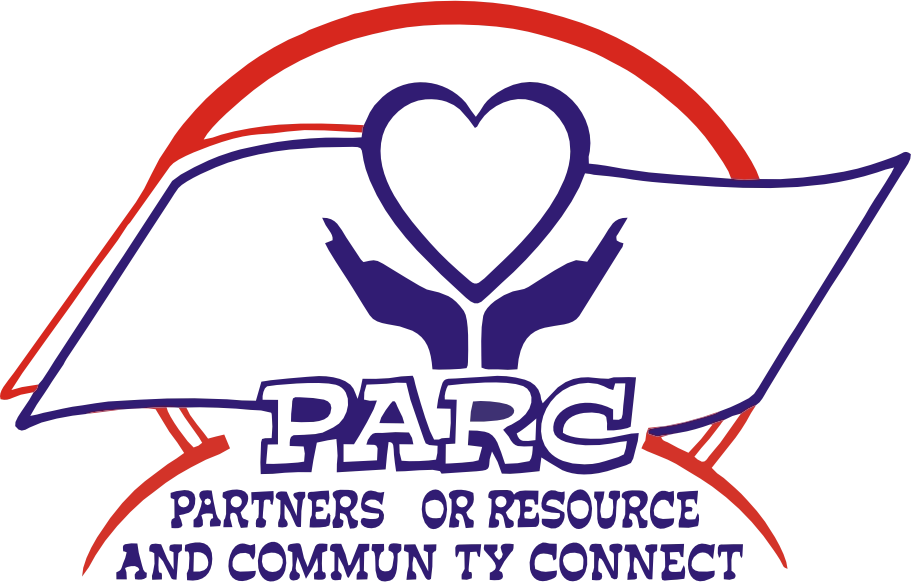SOLUTION
Shine Preparatory School is a mixed school that aims to give children not only a good education, but also loving care, and teach them responsibility for the future. The school has a kindergarten (nursery school) and primary school – with children enrolled in 10 classes (3 pre-school classes) and 7 elementary school classes.
The nursery section is considered an Early Childhood Development Centre (ECDC) according to Uganda’s Early Childhood Development (ECD) Policy, and it has 3 classes that include baby class, middle class and top class respectively, after which the learners graduate to primary one (P1) and join elementary /primary school.
The school started in 2018 as a sustainability intervention for a child sponsorship project (paying school fees for 12 children attending different local schools) initiated in 2016 by international volunteers.
It opened gates for children from nursery to primary four (P.4), and has expanded by adding 1 class every other year to reach primary seven (P.7), the final year of primary education in Uganda in 2023. In its early stage of operation (2020 -2022), the school closed for 2 years due to COVID.
The school has 261 children, mostly from severely disadvantaged families, and being cared for by 16 staff members – Over 45% of the students who attend our schools come from the poorest and most vulnerable families in surrounding villages. We educate the children regardless of their family situation, gender, age, or religion.
The school is funded for the most part through donations and parent contributions, which are often inadequate to cover school operations since most parents fail to pay their fee bills. To allow the school become self-sufficient, we are creating a child sponsorship fund.
SCHOOL CALENDER
The Ugandan school year starts in February and finishes in December. The school year split into 3 terms each lasting 3 months, with a break of 1 month between these terms. The first term runs from February to April, the second term from May until early August, and the third term from September to December. Ugandan school programs run from Monday – Friday.
WHY IS THIS SCHOOL UNIQUE?
– We offer FREE (no fees) education and half (subsidized) fees to orphans and needy (vulnerable) children respectively, provide school meals and medical care for common illnesses such as malaria.
– We offer low fees with flexible payments allowing children from even low income families to go to school, where parents have several payment options, such as paying by supplying materials (foodstuffs, building materials, etc) and/or labor.
– By combining fee-paying and free / subsidized paying children, it promotes inclusion of vulnerable and non-vulnerable children reducing stigmatization associated with being an orphans or needy, – which lays the basics for a cycle of kindness that is then instilled into children and nurtured from childhood.
– We offer holistic a multi-faceted activities, such as psychological support, routine medical checks, and life skills to all children. Old children are provided with vocational skill training (tailoring and knitting) for job market preparation.
MOVING FORWARD
- Set up a sponsorship fund. Our sponsorship fund is unique, in that the sponsorship money doesn’t only benefit the sponsored child, but instead the whole school and the community.
- Develop school infrastructures (classroom, offices, multipurpose hall / library, kitchen, toilets, student dormitories and teacher house).
- Construct multi-purpose house(s) at our school and in Kasese town as a way to both serve the vulnerable people (abused women, student) and provide rental income through volunteer accommodation to fund operations of the school and clinic.
